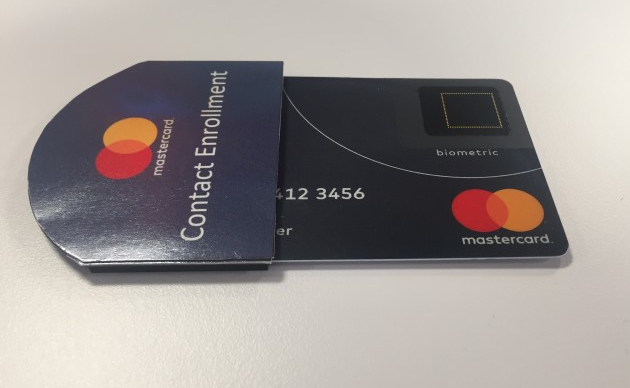Biometric Card: Mastercard Beyond Branches

Technological advancements have led biometric payment to become a reality. In line with their new roadmap for helping banks, retailers and partners in general, improve payments security, Mastercard introduces a new service allowing for remote biometric card enrolment. The card scheme aims at making biometrics global while keeping in mind the need for a simple user experience.
The new service has designed in partnership with biometric chip cards specialist IDEX. It should allow customers with a next-generation Mastercard biometric card to rely on biometric authentication from their home, they would no longer need to visit a branch.
Mastercard crafted a battery-powered sleeve so customers may self-enrol their biometric (contact or contactless) card. His fingerprint is converted into an encrypted template and stored to the card for later transactions.
The card scheme tries to make these next-generation payment cards more popular through betting on ease of use and convenience. They should be proposed globally as of 2019, as alternatives to PIN codes.
Comments – Biometrics going mainstream
According to the prospective analysis firm Juniper Research biometric technology will be used for more than 18 billion transactions by 2021. Yet, biometric uptake is being slowed down by obstacles including cost and enrolment complexity. This considered, Mastercard comes up with a remote enrolment service, so customers no longer have to visit a branch prior to using their biometric card.
Mastercard pioneered as they introduced a biometric payment card and officially rolled out this medium in spring 2017. Easier enrolment processes should speed up the pace of biometric technologies’ adoption among consumers, and with issuers, too. These institutions will no longer need to implement dedicated equipment for scanning/retrieving and storing customers’ fingerprint patterns.
The market for biometrics is becoming more competitive and Mastercard intends to stand out ahead of their global rollout in 2019.
